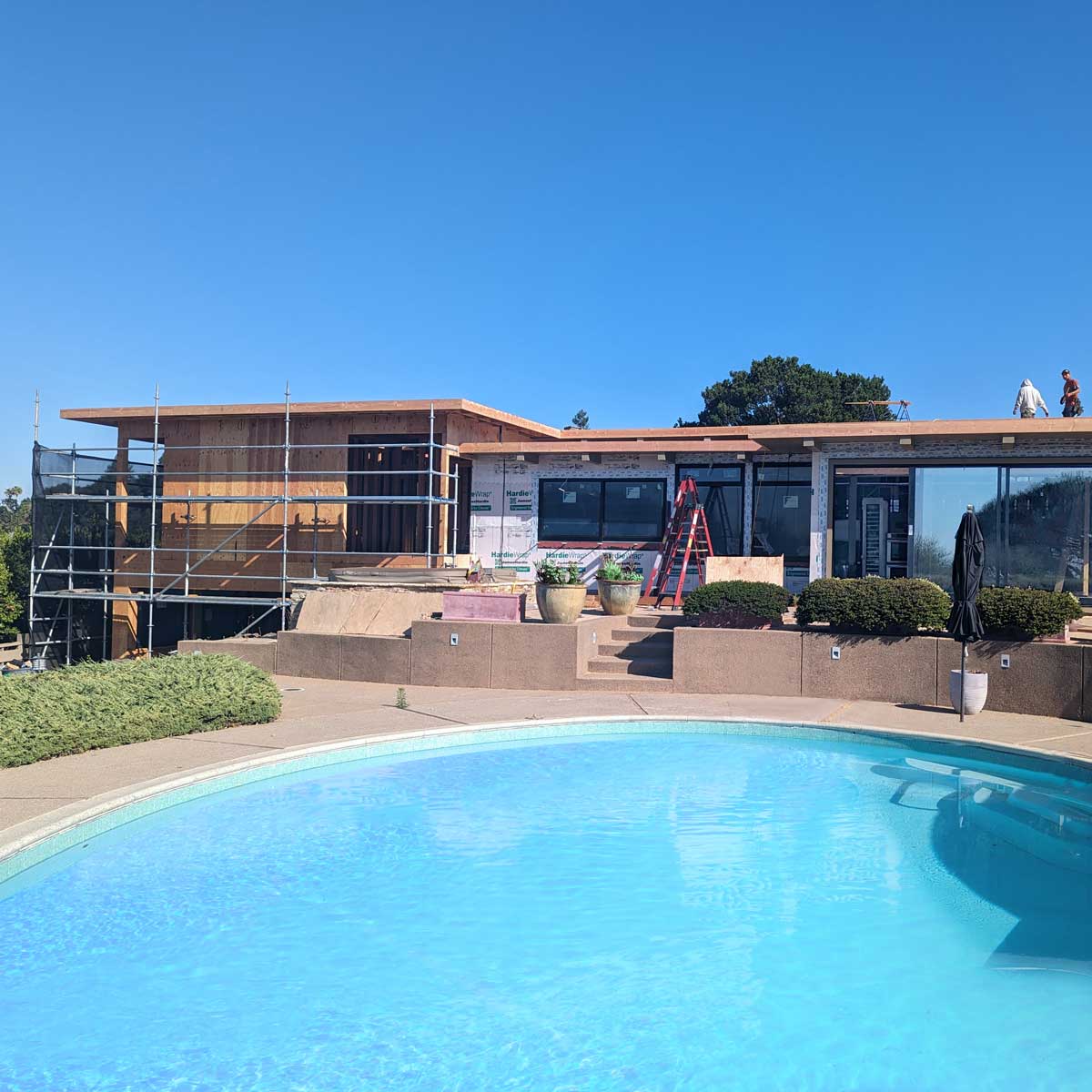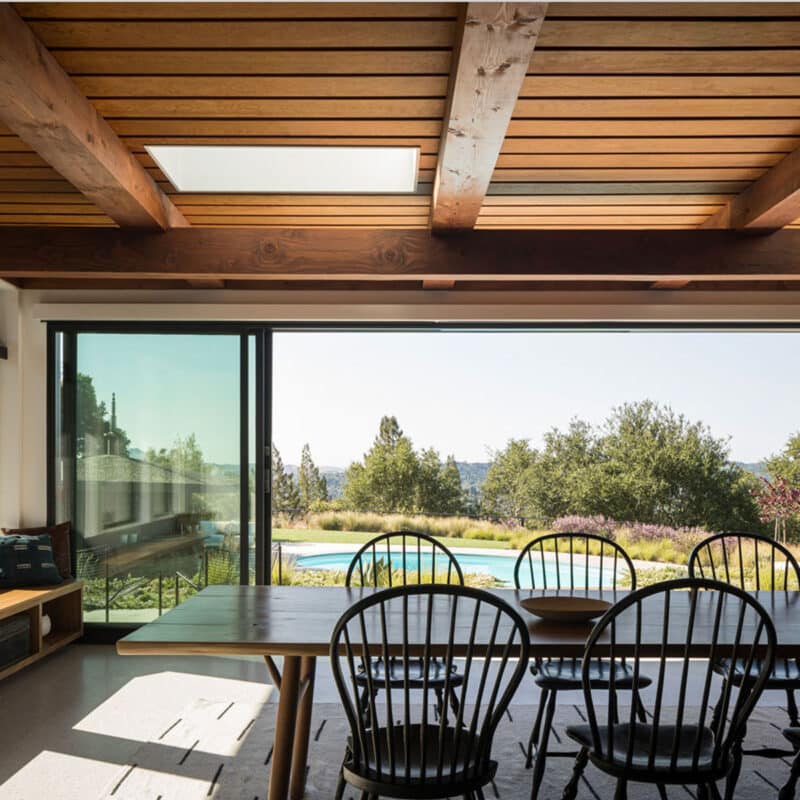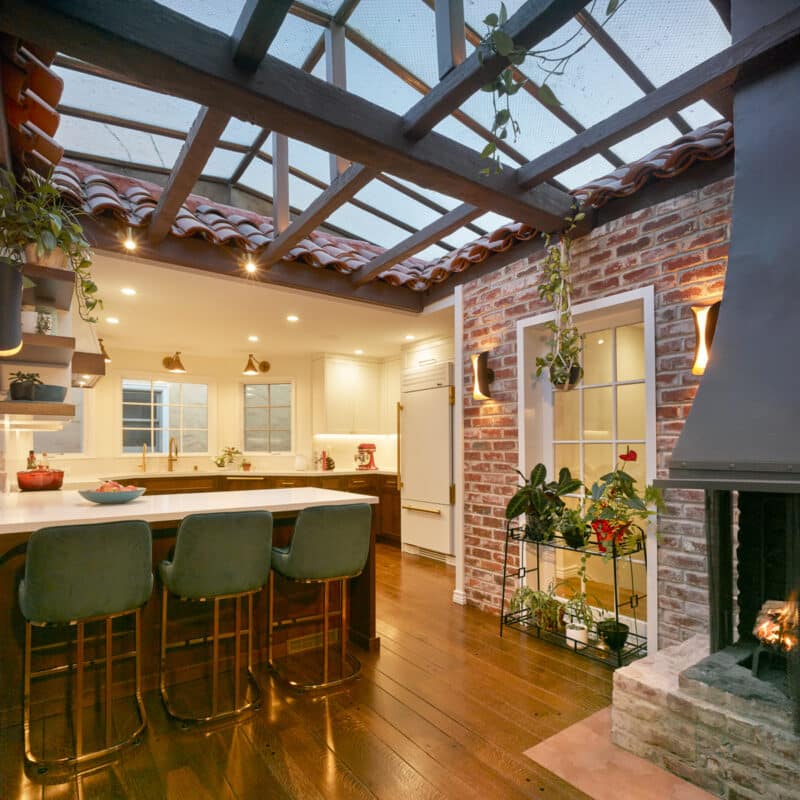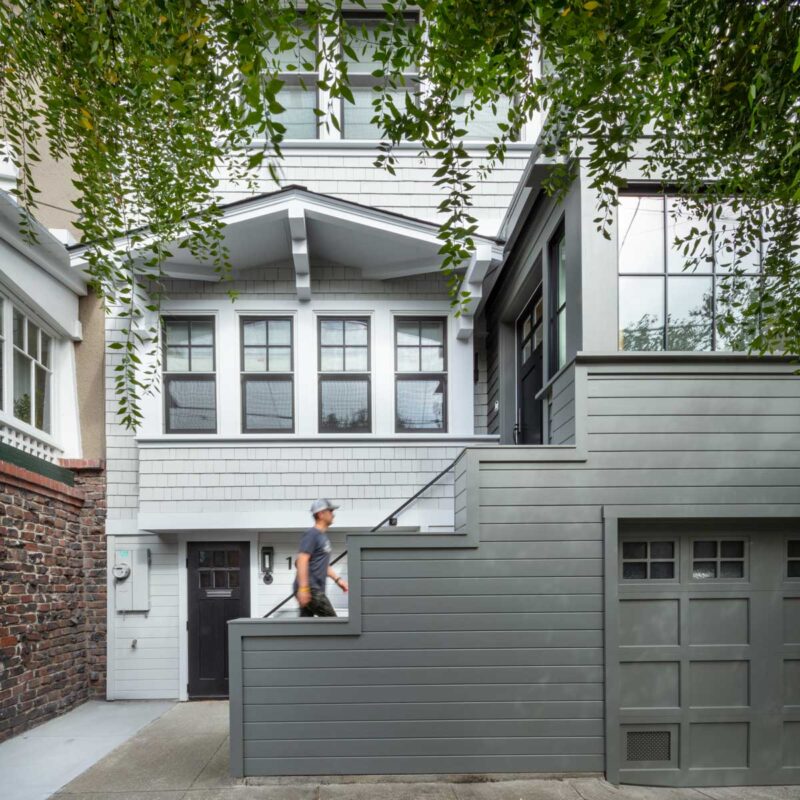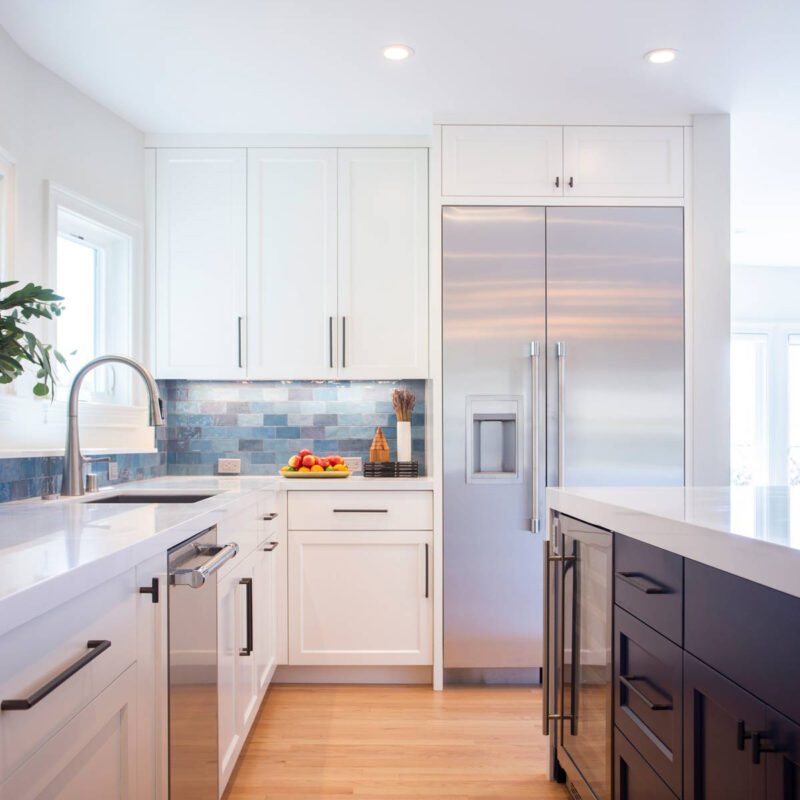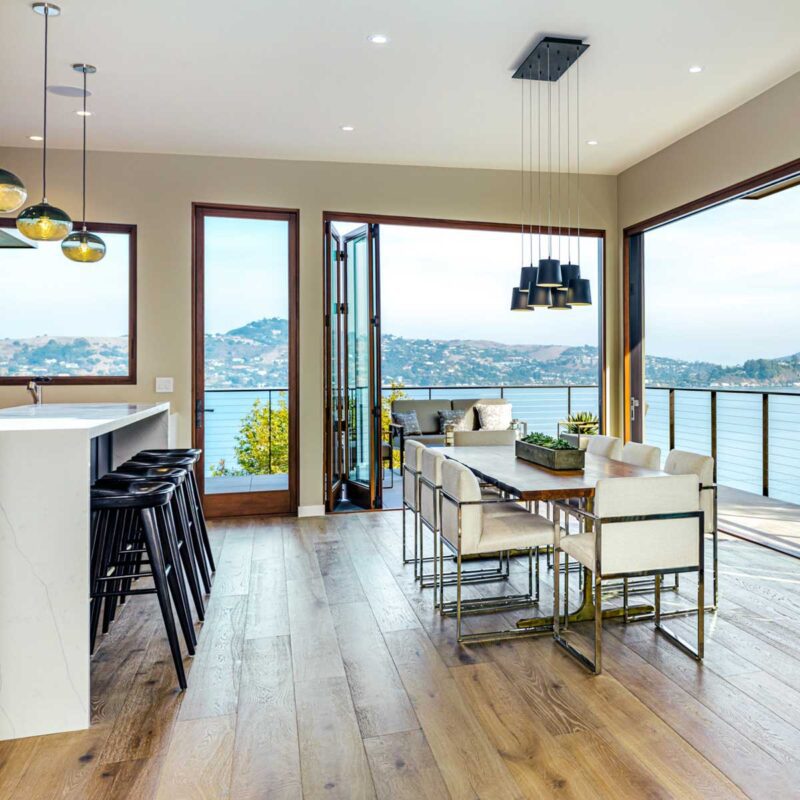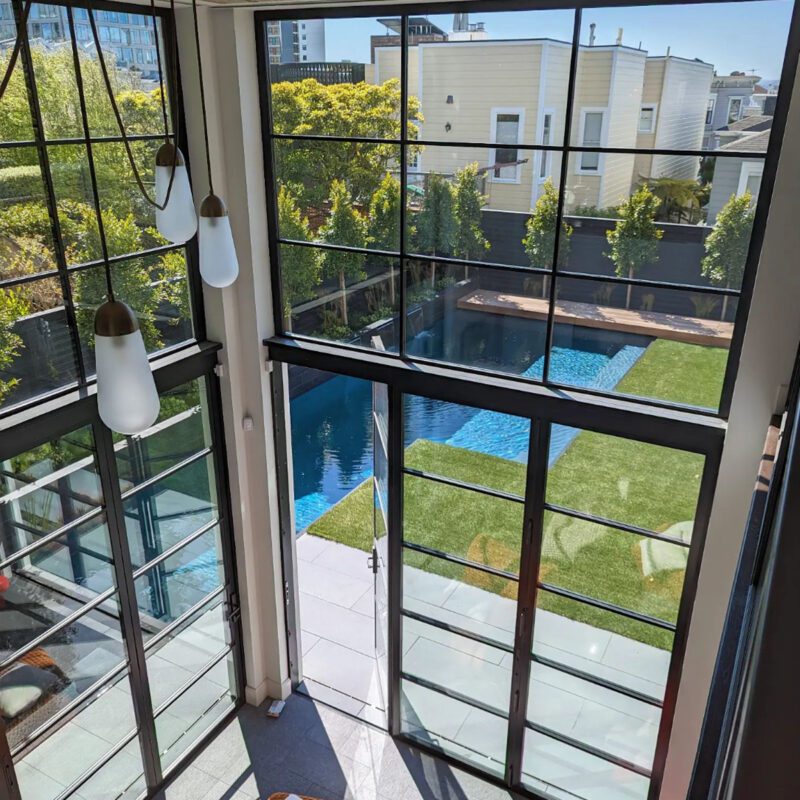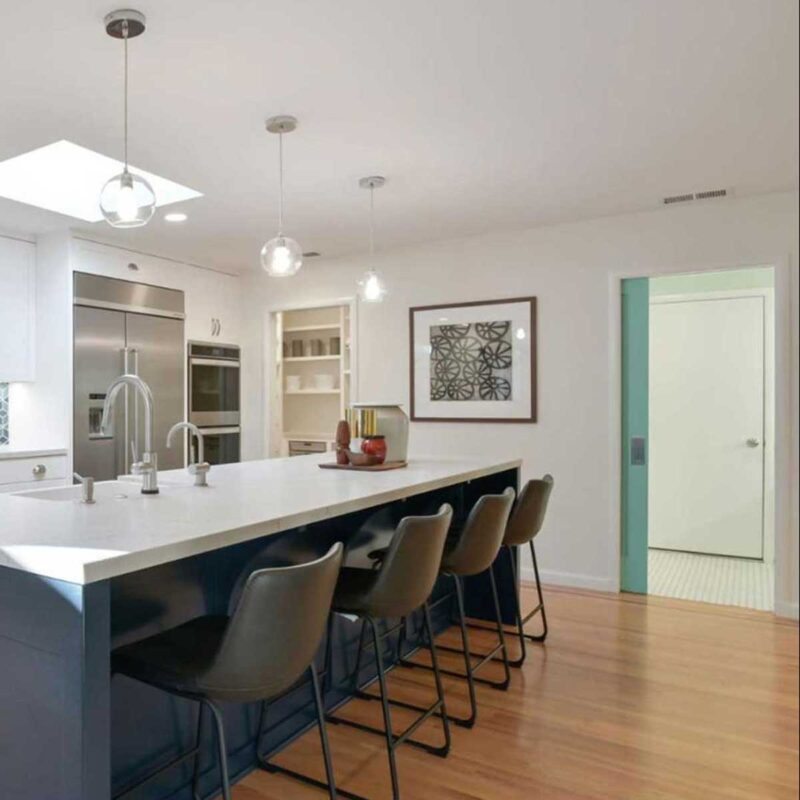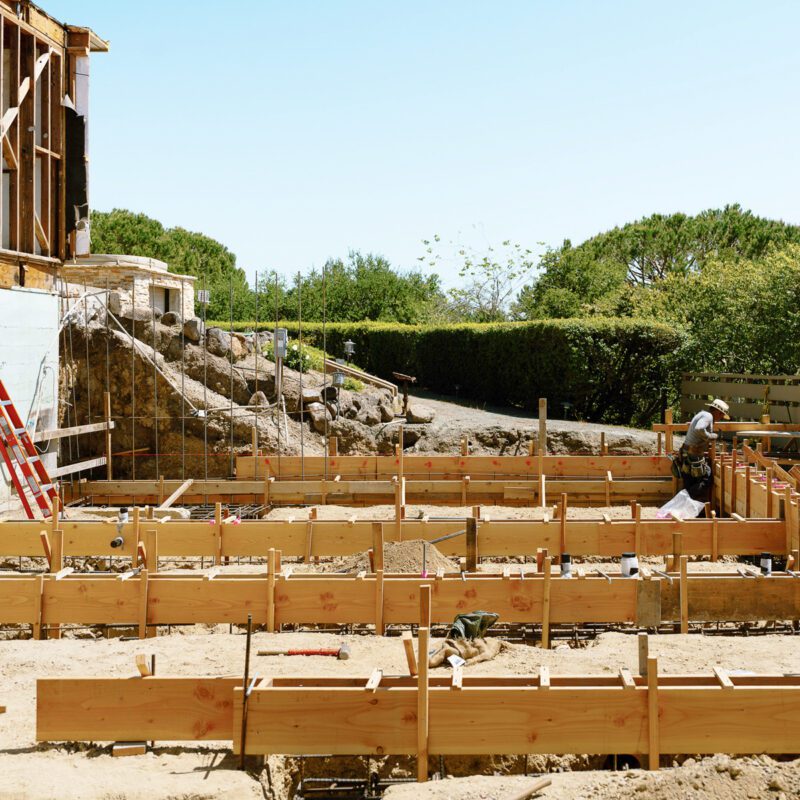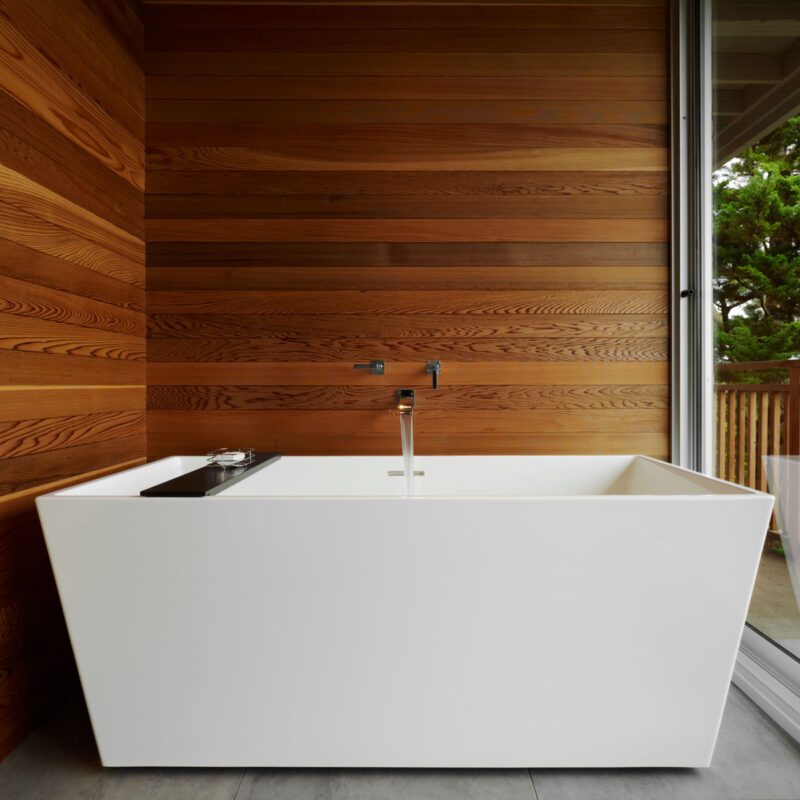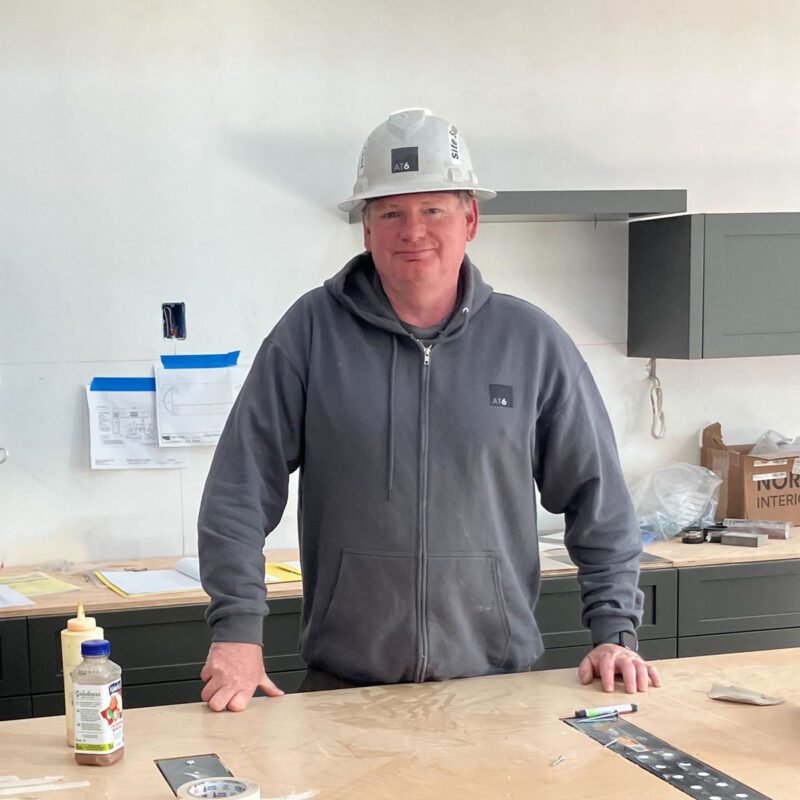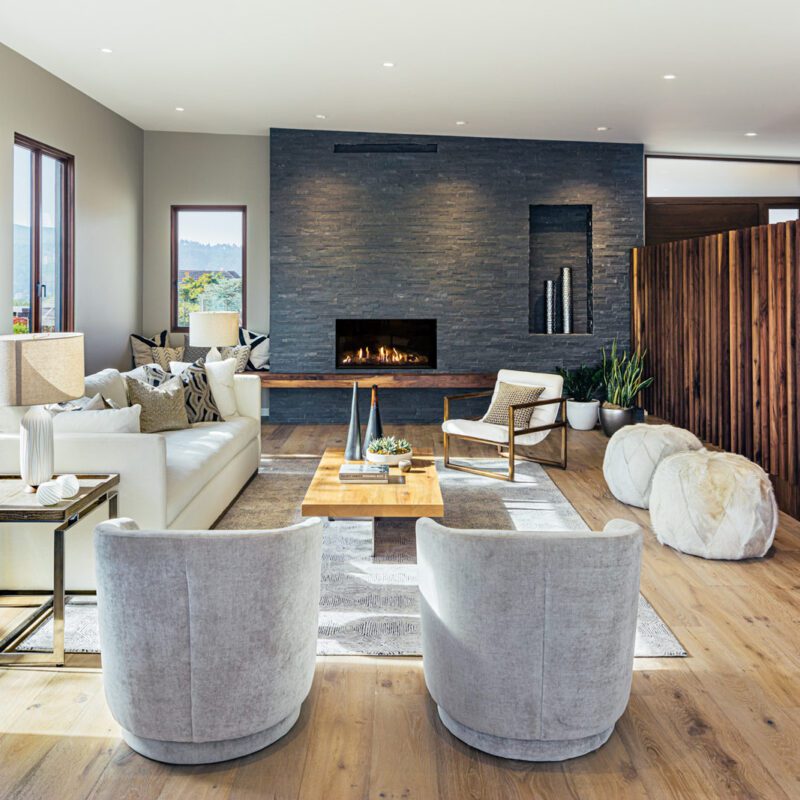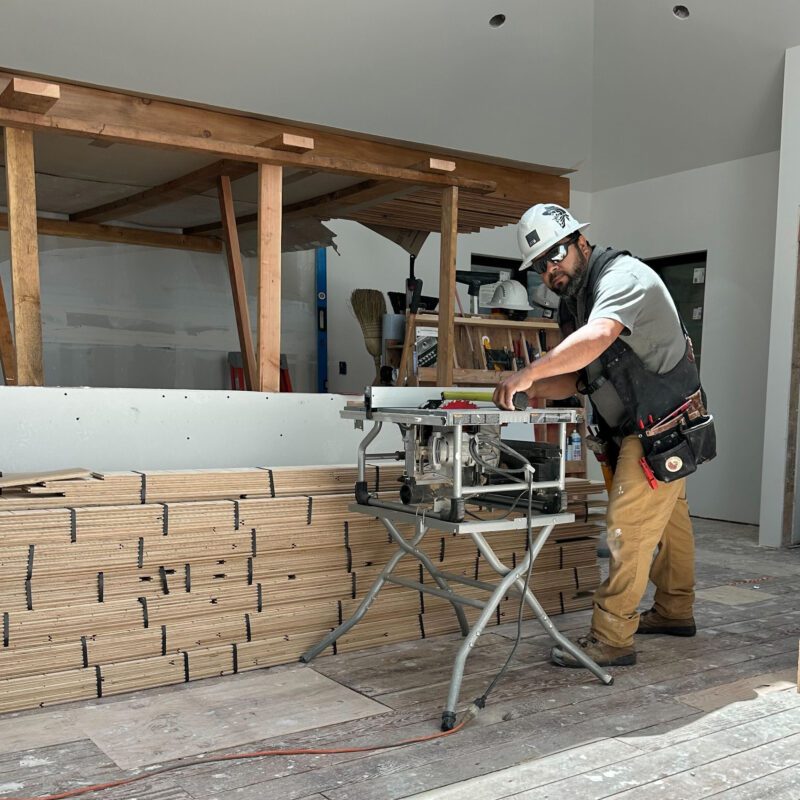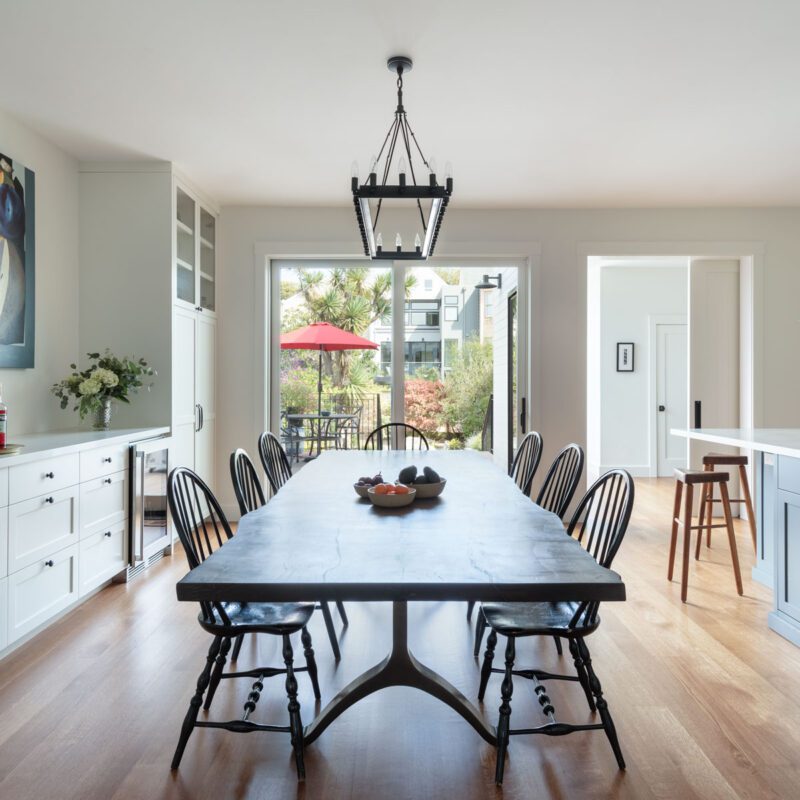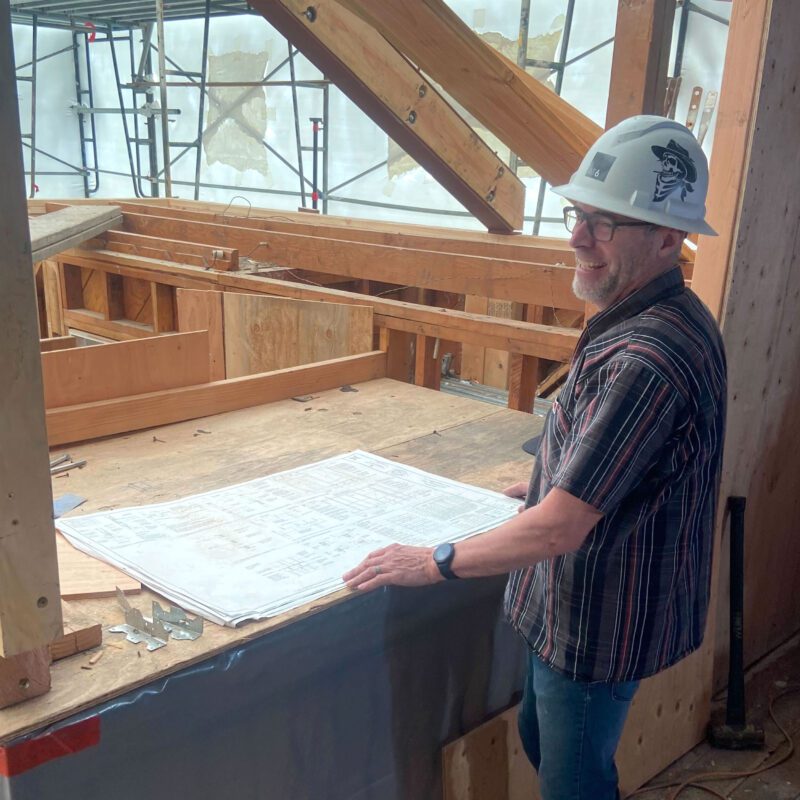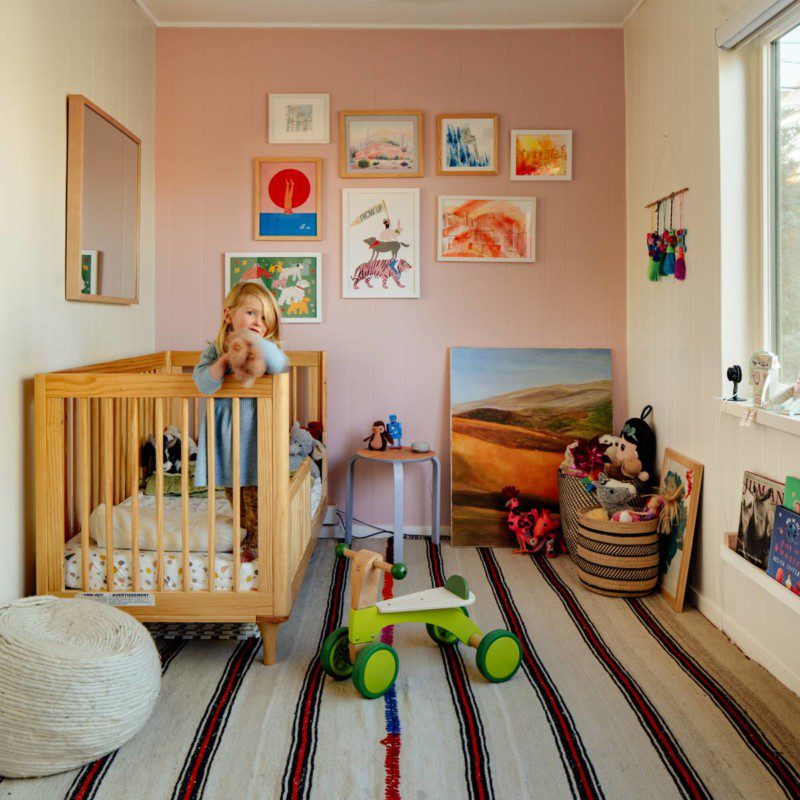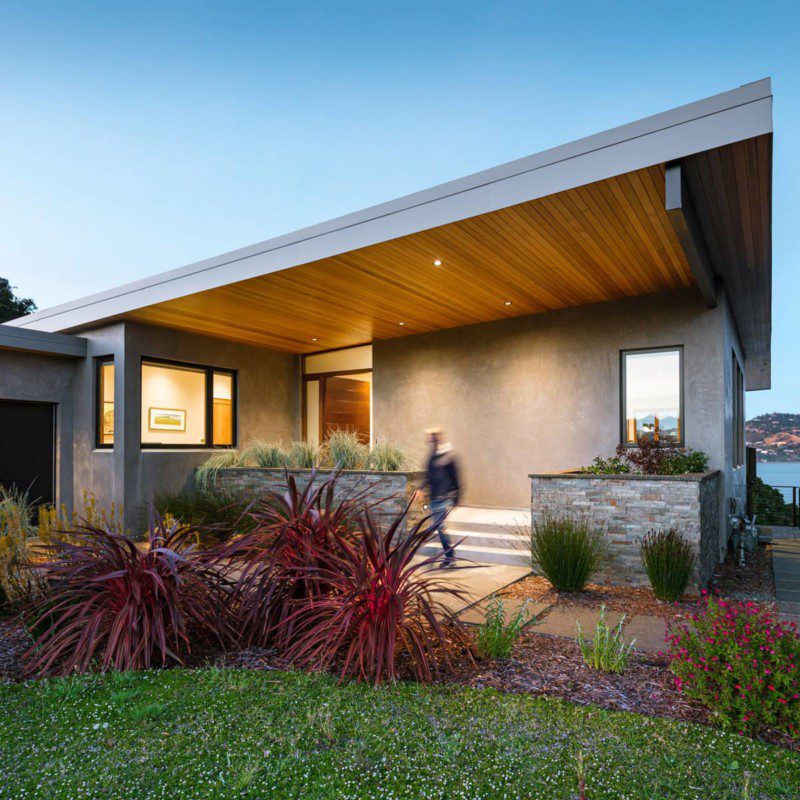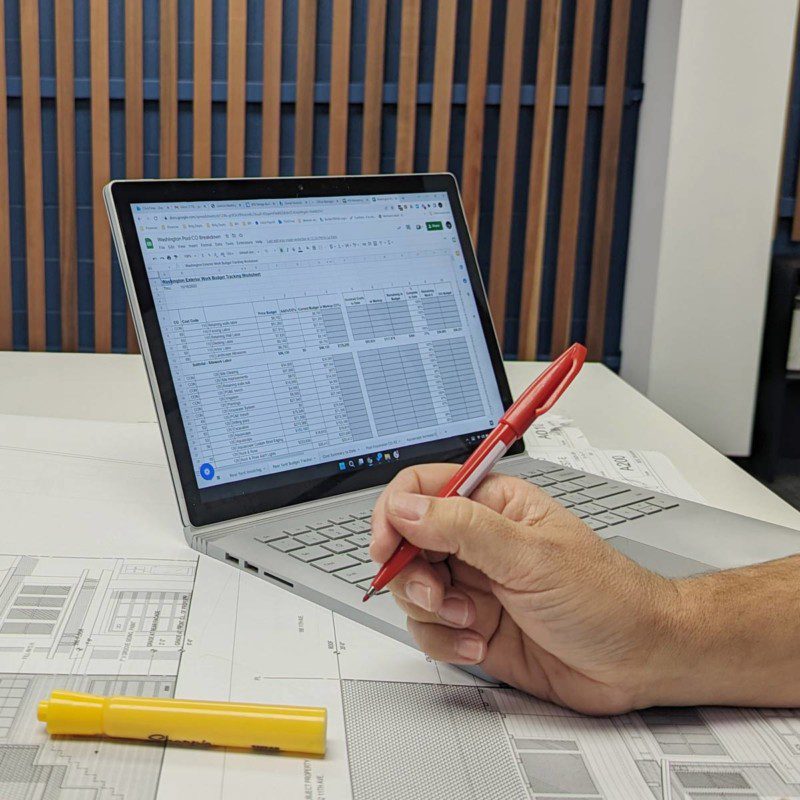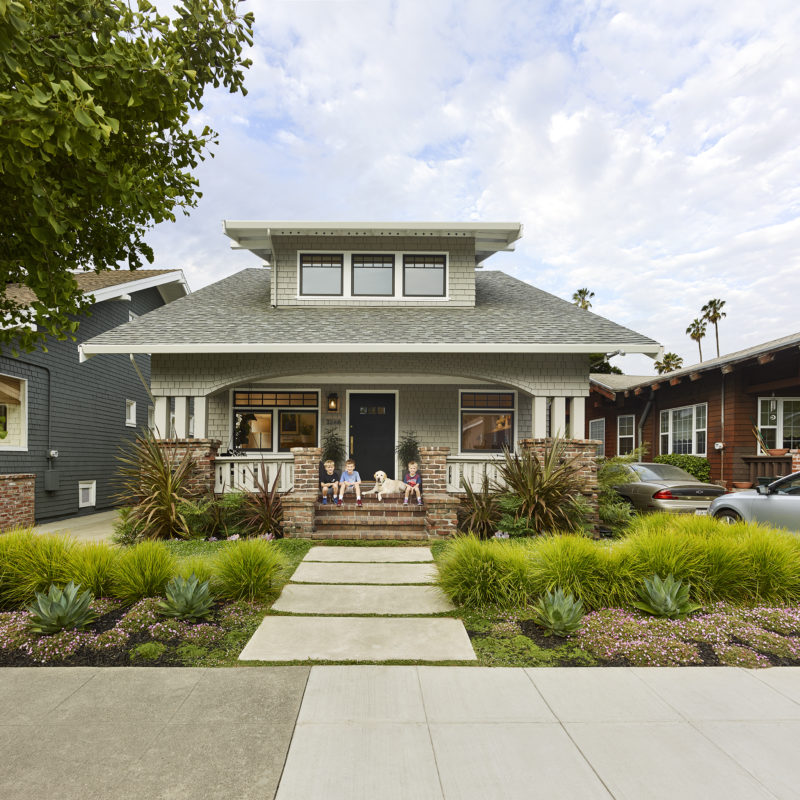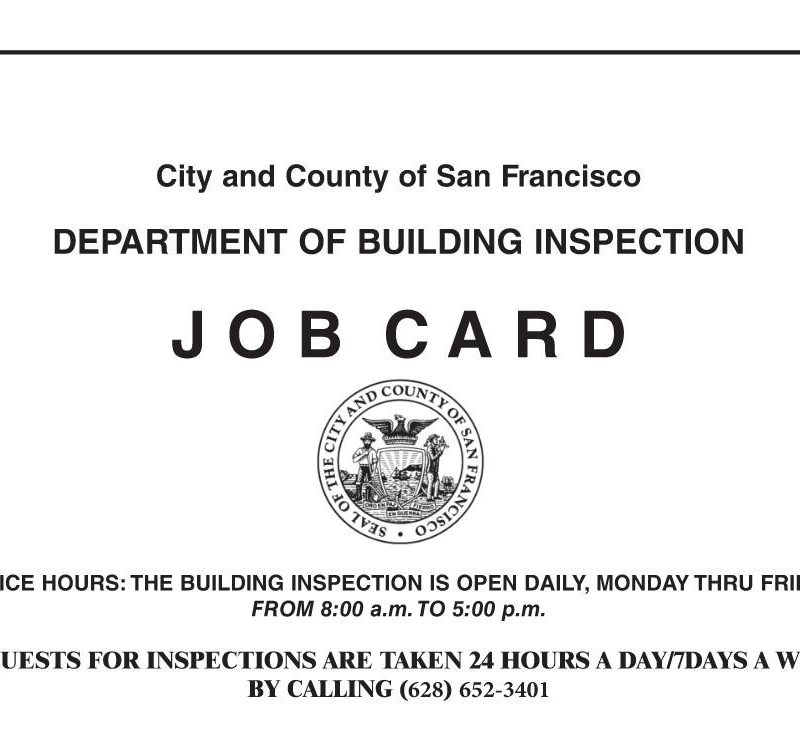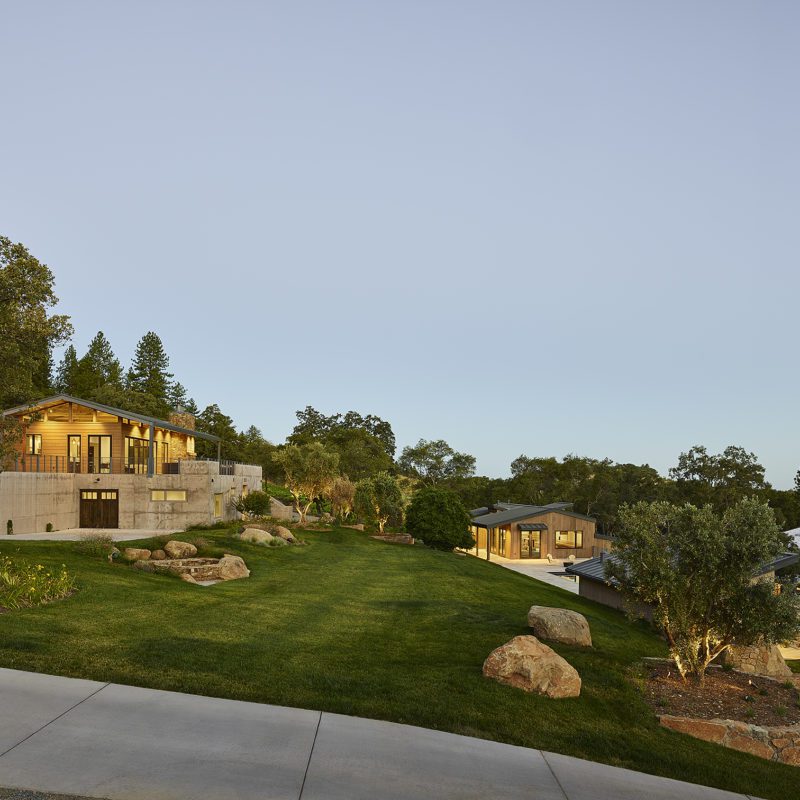The Financial Implications of Phasing
One of the seemingly obvious benefits of phasing a project is spreading the cost out. This can be helpful if you don’t have money for the full project up front, or if you simply want to complete the project in smaller chunks of time and cost. There is a hidden drawback to the financial side of phasing, however.
Roughly 10 – 20% of the cost of construction is running the project—managing the work and having an open job site. When you phase a project, the different parts of the work that could be done simultaneously get spread out over the phases, meaning a greater number of overall days for work that could be done all at once. Those additional days can add up.
It’s a bit like choosing between buying a subscription on a monthly or annual basis. If you choose to pay monthly, you can spread the full cost over time but in the end you pay more in a year than you would have had you paid the full cost of the subscription up front, which usually comes at a discount.
Phasing it so you complete one part of the house while living in another part of the house might mean you don’t have to move out.
Moving Out Vs. Living in Your House During Construction
Relocation is always a consideration with remodels. With the cost of renting in the Bay Area, paying for a rental while your house is under construction can be prohibitive, but living in a construction zone isn’t easy. If your summer plans already include being somewhere different for a chunk of time, phasing the work to fit your absence might be a good option.
Alternatively, phasing it so you complete one part of the house while living in another part of the house might mean you don’t have to move out at all. Once that part of the house is done, you can move into the newly finished area while your contractor starts on the other area(s) of work.
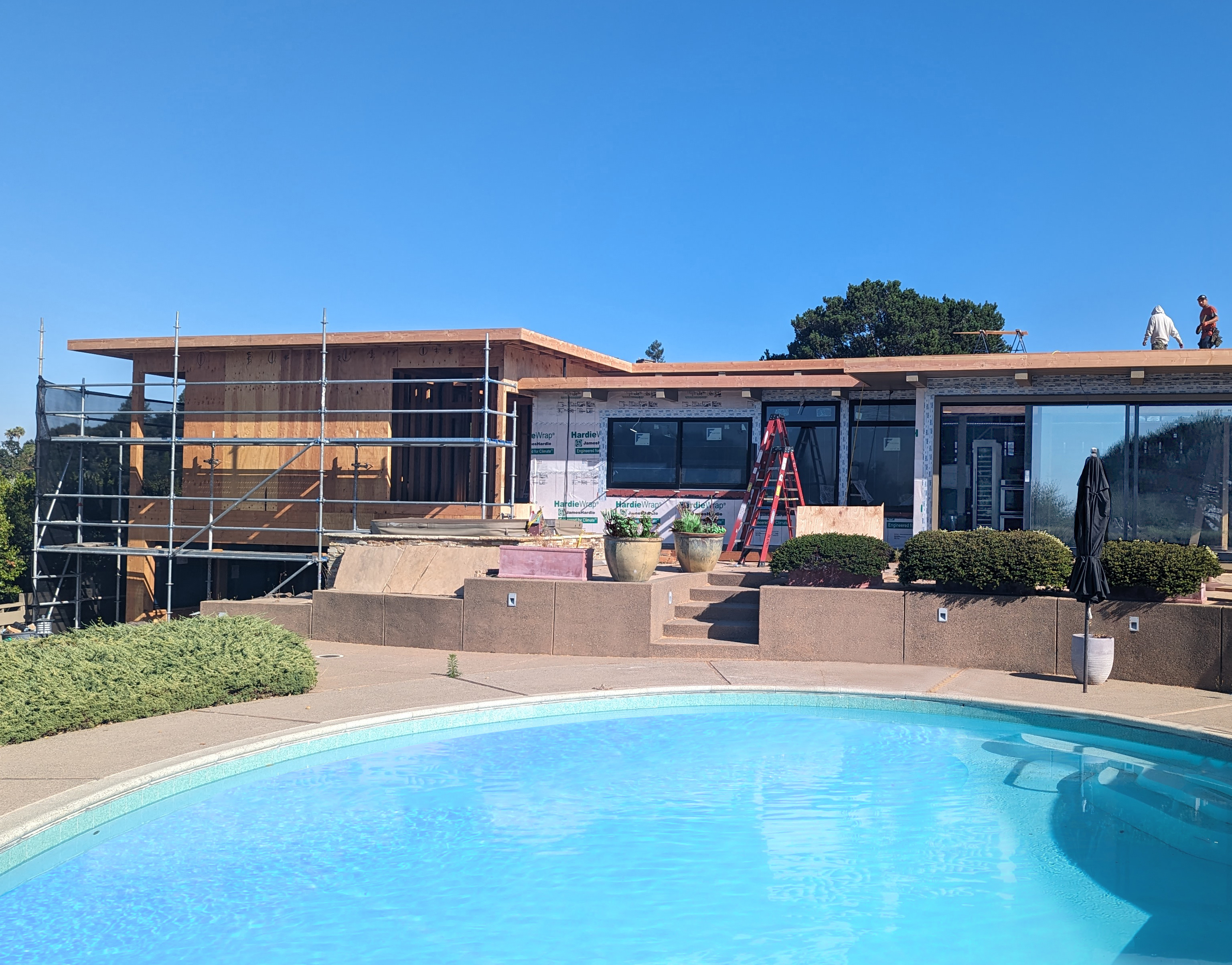
Ensuring Construction Team Availability
Every now and then it happens that when you are ready to move into a new phase, the contractor is busy and can’t get to your project for months.
One of our clients started with two phases and mid-construction decided to do it all in one for just that reason.
“Working with this team was so smooth and within budget that I decided to move forward with phase 2 right away while phase 1 was still underway—I didn’t want to work with anyone else and I wanted to keep the AT6 team while they were available”, says the client.
Phasing your project around the availability of permits could make sense, allowing you to finish an interior renovation while waiting for an addition to get permitted.
Phasing a Project to Leverage Permitting Timelines
Depending on your local building department, some scopes of work might be eligible for a same-day permit (interior renovations), while others like an addition could take a months or even over a year to get approval. Phasing your project around the availability of permits could make sense, allowing you to finish an interior renovation while waiting for an addition to get permitted. In this example, phasing it can lead to finishing the overall project sooner than if you did it all at once.

What Type of Projects Lend Themselves to Phasing?
The best projects for phasing include distinct scopes of work that are not more efficiently completed at the same time and do not involve overlapping areas of work. For example, two bathrooms in separate areas of the house (especially if they are the only bathrooms you have).
Phasing is definitely not a one-size-fits-all solution for your remodel, but to learn more and make the best decision for your project, ask your designer or contractor (or us!) whether it makes sense to break your project down into phases, and what the benefits and drawbacks will be. They will help you find the solution that works best for your budget and your peace of mind.
